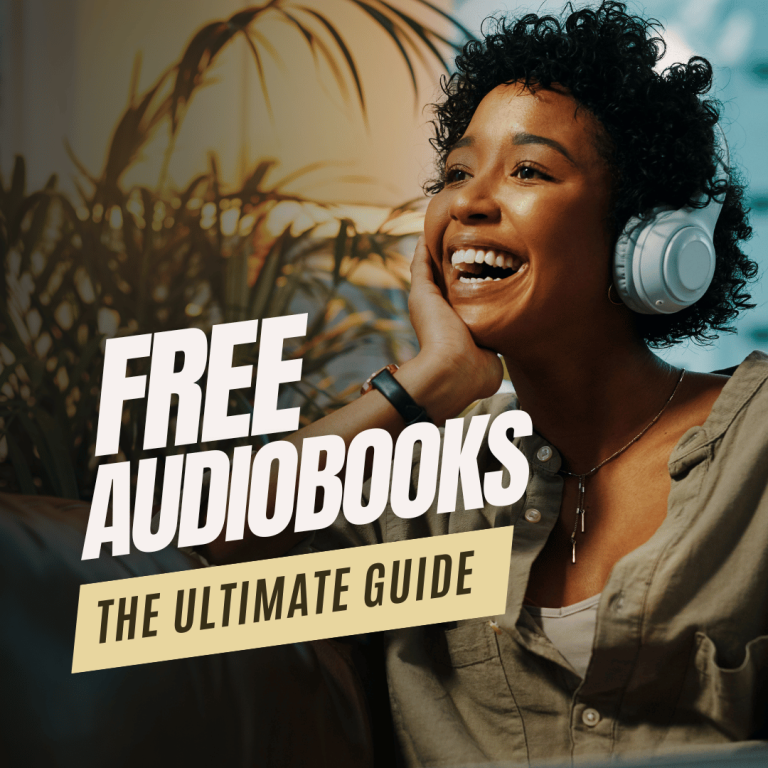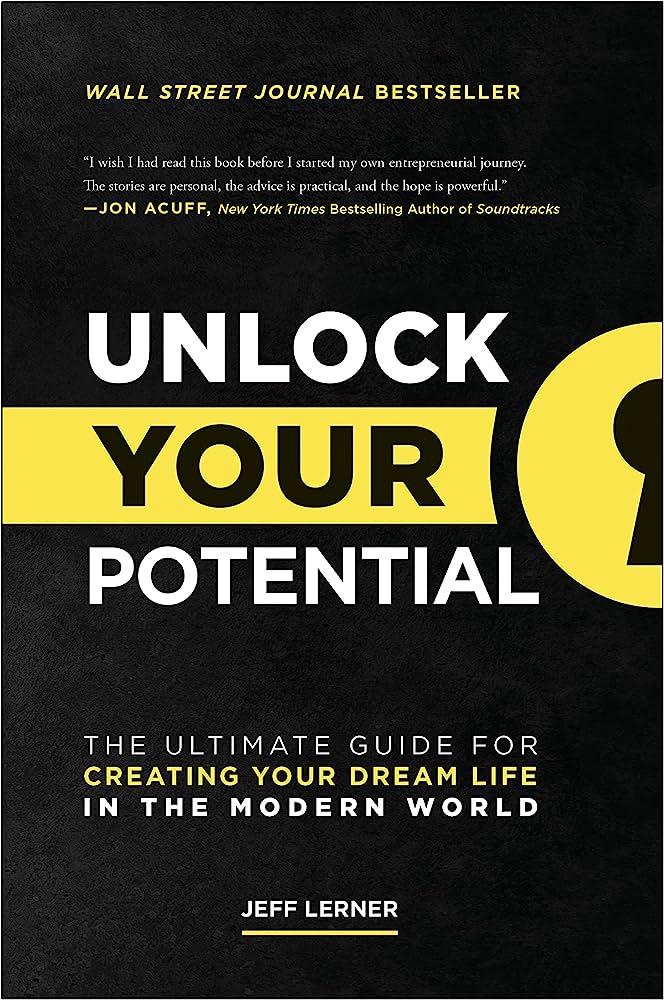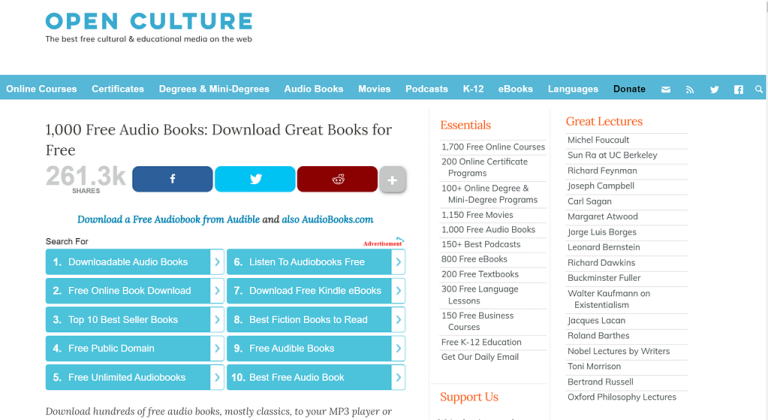Does Reading A Book On YouTube Violate Copyright?
Ever wondered if reading a book on YouTube could potentially violate copyright laws? Well, you’re not alone! In this digital age where content creation and sharing is rampant, it’s important to understand the legal implications of such actions. So, does reading a book on YouTube violate copyright? Let’s dive into this intriguing topic and shed some light on the matter.
Now, let’s be honest here. YouTube is a treasure trove of all kinds of content. From cute cat videos to makeup tutorials, you can find just about anything on this platform. And yes, that includes book readings too! It’s not uncommon to stumble upon channels where individuals passionately read out excerpts or even entire books. But here’s the million-dollar question: is this legal? Can anyone simply pick up a book and start narrating it on YouTube without facing any consequences? Well, my friends, the answer isn’t as black and white as we might hope. So, grab a cup of coffee, settle in, and let’s delve into the fascinating world of copyright and YouTube book readings.

Does Reading a Book on YouTube Violate Copyright?
Reading books on YouTube has become a popular activity for many content creators. It provides a platform for sharing stories, engaging with an audience, and promoting literacy. However, there is an ongoing debate regarding the legality of reading copyrighted books on YouTube. In this article, we will explore whether reading a book on YouTube violates copyright laws, the potential consequences, and possible alternatives for content creators.
Understanding Copyright Laws
Copyright laws are in place to protect the rights of creators and owners of original works. These laws grant exclusive rights to the copyright holder, including the right to reproduce, distribute, and publicly display their work. Any unauthorized use of copyrighted material is considered an infringement and can lead to legal consequences.
When it comes to reading a book on YouTube, the key question is whether it falls under fair use or constitutes a copyright violation. Fair use is a legal doctrine that allows limited use of copyrighted material without permission from the copyright holder. It typically applies to transformative uses of the work, such as commentary, criticism, or parody.
Is Reading a Book on YouTube Considered Fair Use?
Determining whether reading a book on YouTube qualifies as fair use depends on several factors. The purpose and character of the use, the nature of the copyrighted work, the amount and substantiality of the portion used, and the effect on the potential market for the work are all considered in fair use analysis.
1. Purpose and Character of the Use: If the purpose of reading the book on YouTube is for educational or critical purposes, it may be more likely to be considered fair use. However, if the primary purpose is for entertainment or financial gain, it may weigh against fair use.
2. Nature of the Copyrighted Work: The nature of the work plays a role in fair use analysis. Published works, such as novels, may receive less protection compared to unpublished works or those with a higher level of creativity.
3. Amount and Substantiality of the Portion Used: The amount of the book being read on YouTube is also a factor. Using a small excerpt or portion of the work is more likely to be considered fair use compared to reading the entire book.
4. Effect on the Potential Market for the Work: If the reading of the book on YouTube negatively impacts the potential market for the work, it may be seen as a copyright violation. For example, if the reading replaces the need for individuals to purchase the book, it could harm the author’s or publisher’s revenue.
Alternatives to Reading Books on YouTube
If you’re an aspiring content creator or simply enjoy sharing stories on YouTube, there are alternative approaches you can take to avoid potential copyright issues:
1. Seek Permission: Contact the copyright holder, whether it’s the author or the publisher, and request permission to read their book on YouTube. Obtaining explicit permission ensures you are legally allowed to use the copyrighted material.
2. Use Public Domain Works: Public domain works are not protected by copyright and can be freely used by anyone. Many classic books, such as those written by Shakespeare or Jane Austen, are in the public domain.
3. Create Original Content: Instead of reading copyrighted books, consider creating your own original content. Write and share your own stories, or explore other creative avenues such as storytelling, book reviews, or literary analysis.
4. Collaborate with Authors: Reach out to authors and collaborate on creating content specifically for YouTube. This could involve interviews, discussions about the writing process, or even exclusive readings of their works.
5. Focus on Fair Use: If you believe your use of copyrighted material falls under fair use, make sure to properly attribute the original author and provide commentary or transformative elements to your videos. Understanding the principles of fair use can help mitigate the risk of copyright infringement.
In conclusion, the legality of reading a book on YouTube depends on various factors, including the purpose of the use, the nature of the work, the portion used, and the impact on the market. While fair use can provide some protection, it’s important to be aware of the potential risks and consider alternative approaches to avoid copyright infringement. By seeking permission, using public domain works, creating original content, collaborating with authors, or focusing on fair use, content creators can continue sharing their love for books while respecting copyright laws.
Key Takeaways: Does reading a book on YouTube violate copyright?
- Reading a book on YouTube without permission from the copyright owner can potentially violate copyright laws.
- Copyright laws protect the rights of authors and publishers, including the exclusive right to reproduce their work.
- Posting a video of yourself reading a book on YouTube may be considered a reproduction of the copyrighted material.
- Fair use exceptions may apply, but the specific circumstances need to be carefully evaluated.
- If you want to read a book on YouTube, it’s best to obtain proper permission from the copyright owner or consider using books that are in the public domain.
Frequently Asked Questions
Can reading a book on YouTube violate copyright?
Reading a book on YouTube without the proper permissions can potentially violate copyright laws. Copyright laws protect the rights of authors and publishers, giving them exclusive control over the distribution and reproduction of their work. By reading a book on YouTube without authorization, you may be infringing on these rights.
It is important to note that copyright laws vary from country to country, so the specific regulations surrounding reading books on YouTube may differ depending on your location. However, in general, it is advisable to obtain permission from the copyright holder before publicly sharing their work on a platform like YouTube.
What are the potential consequences of reading a book on YouTube without permission?
If you read a book on YouTube without obtaining the necessary permissions, you may face legal consequences. Copyright infringement can lead to legal action, including lawsuits and monetary damages. The copyright holder has the right to take legal action to protect their intellectual property, and if they can prove that you violated their rights, you could be held liable.
In addition to legal consequences, YouTube itself has policies in place regarding copyright infringement. If your video is flagged for copyright violation, YouTube may remove the video, issue a copyright strike against your channel, or even terminate your channel altogether. These penalties can have a significant impact on your ability to continue sharing content on the platform.
What are the exceptions or fair use cases for reading a book on YouTube?
There are certain exceptions and fair use cases that may allow for the reading of a book on YouTube without explicit permission. Fair use is a legal doctrine that allows for the limited use of copyrighted material without permission, under certain circumstances. Factors considered in determining fair use include the purpose of the use, the nature of the copyrighted work, the amount used, and the effect on the market for the original work.
However, it is important to understand that fair use is a complex legal concept that is often subject to interpretation. Each case is evaluated on an individual basis, and what may be considered fair use in one situation may not be in another. It is always advisable to seek legal advice or consult with copyright experts to determine if your specific use falls within the fair use exception.
How can I obtain permission to read a book on YouTube?
If you want to read a book on YouTube and ensure you are not violating copyright laws, the best course of action is to obtain permission from the copyright holder. This typically involves contacting the author, publisher, or relevant rights holder and requesting their consent to read and share their work on YouTube.
You can try reaching out to them directly via email or through their official website. Be sure to clearly explain your intentions, how you plan to use the content, and any additional relevant information. Obtaining written permission or a license agreement will provide you with legal protection and show that you have obtained the necessary rights to share the book on YouTube.
Are there alternatives to reading a book on YouTube to avoid copyright issues?
If you are concerned about potential copyright issues, there are alternative ways to share book-related content on YouTube without reading the entire book. You can consider creating book reviews, discussing key themes and ideas, or providing summaries and analysis of the book’s content. These types of videos can still provide valuable information and engage your audience without directly reading the copyrighted material.
Another option is to seek out books that are in the public domain, meaning their copyright has expired and they can be freely used and distributed. Public domain books often include classics and older works. However, it is important to verify the copyright status of a book before assuming it is in the public domain, as some editions or translations may still be protected.
Can You Read Books On YouTube Videos Without It Being Copyright Infringement
Final Thoughts
After exploring the topic of whether reading a book on YouTube violates copyright, it is clear that there are legal considerations to be aware of. While it may seem harmless to share a book reading on a platform like YouTube, it is important to respect the rights of authors and publishers. Copyright laws exist to protect intellectual property, including books and other creative works.
That being said, there are certain circumstances where reading a book on YouTube may be considered fair use, such as providing commentary, criticism, or educational content. However, it is crucial to understand the specific guidelines and limitations of fair use in your respective jurisdiction. Consulting with legal experts or seeking permission from the copyright holder is always a safe approach to avoid any potential legal issues.
In conclusion, while sharing the joy of reading through videos on YouTube can be enjoyable and educational, it is essential to be mindful of copyright laws. By understanding the legal implications and obtaining proper permissions, content creators can strike a balance between sharing literature and respecting the rights of authors and publishers. Let’s continue to foster a creative and respectful environment online while appreciating the power of storytelling.



